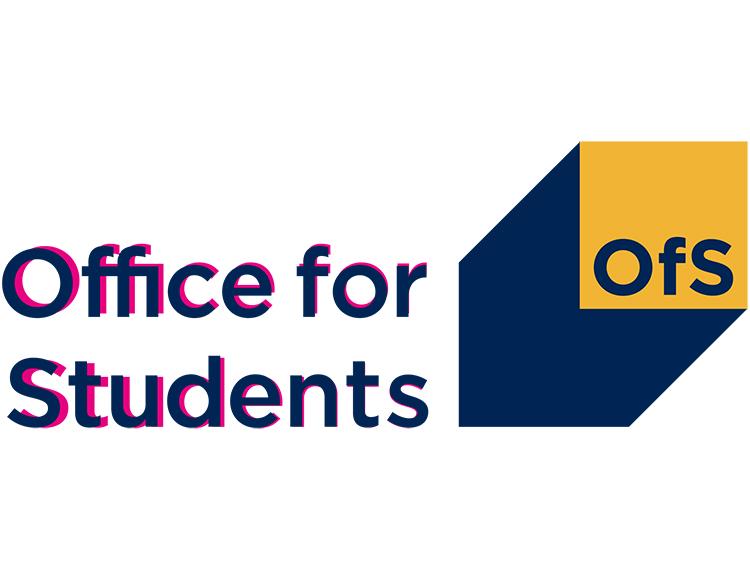Office for Students welcomes ‘landmark victory’ to protect students’ interests

@OfficeStudents acted entirely within the law in refusing the registration application of Bloomsbury Institute Limited, the High Court has ruled.
Bloomsbury was granted permission for a judicial review following the decision by the OfS to refuse registration because of the weak outcomes delivered for its students and concerns about its management and governance arrangements. Following lengthy hearings and extensive written submissions, Bloomsbury’s case has today been dismissed on all grounds.
The OfS requires universities, colleges and other higher education providers to meet a range of conditions if they want their students to receive student loans or access to visas. Some of these conditions relate to the quality of a provider’s courses and the outcomes delivered for its students.
An assessment of Bloomsbury’s student data returns found that 30.2 per cent of students starting degree courses at Bloomsbury between 2014-15 and 2016-17 did not continue their studies into a second year. Of all degree students graduating from Bloomsbury in 2015-16 and 2016-17, only 32.7 per cent progressed into professional or managerial jobs, or went on to postgraduate study.
Nicola Dandridge, chief executive of the OfS, welcomed today’s judgement. She said:
‘We welcome the court’s decision, which is also a good result for students. All registration decisions are taken after a thorough and robust assessment process. In Bloomsbury’s case, the outcomes delivered for its students were poor and did not satisfy our requirements. The High Court has found that decision, and our approach to assessing student outcomes, to be entirely proportionate, rational and lawful.
‘Today’s ruling is a landmark victory for the OfS and sets an important precedent. Students from all backgrounds embarking on a higher education course should have the confidence that their course will offer them opportunities which enhance their lives and careers. Students should not be expected to accept places on courses that deliver weak outcomes.
‘In general the quality of higher education in England is good, but this judgement sends a strong message to any provider seeking to defend poor quality provision before the courts. The OfS will not hesitate to defend its decisions robustly where they are in the interests of students and will seek to recover its costs in doing so. We will continue to take regulatory action where necessary to protect the interests of students.’
For further information contact Sean Beynon on 0117 905 7676 or [email protected].
Notes
- The Office for Students is the independent regulator for higher education in England. Our aim is to ensure that every student, whatever their background, has a fulfilling experience of higher education that enriches their lives and careers.
- Conditions of registration are the primary tool that the OfS uses to regulate individual higher education providers. They are minimum requirements that providers must meet in order to be, or stay, registered with us, because they demonstrate that the provider is able to offer high quality higher education to students. Where we are minded to refuse an application for registration, the university, college or other higher education provider is invited to comment on our assessment before we reach a final decision. Where a higher education provider does not meet one or more of our initial conditions of registration, its application must be refused.
- 4 per cent of students across the English higher education sector beginning full-time undergraduate first degree courses between 2012-13 and 2016-17 did not continue their studies into their second year.
- 4 per cent of students across the English higher education sector graduating from a full-time undergraduate first degree between 2012-13 and 2016-17 progressed into professional or managerial jobs, or went into postgraduate study.
- Read further information on the way the OfS assesses student outcomes.
- Read the full verdict.











Responses